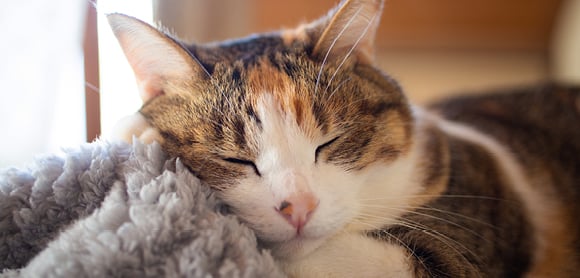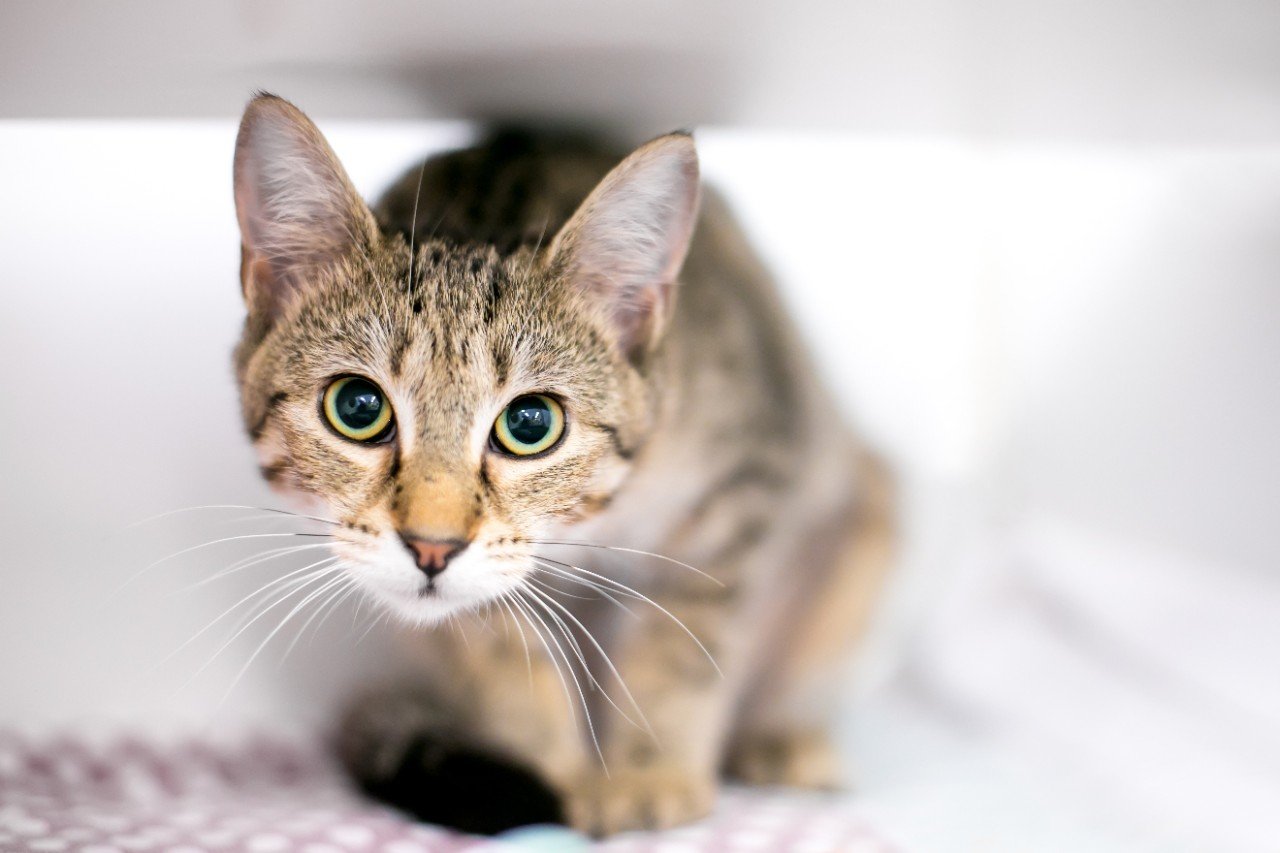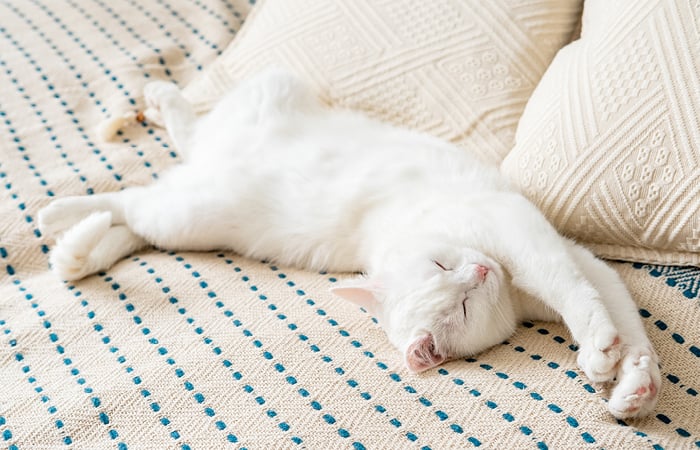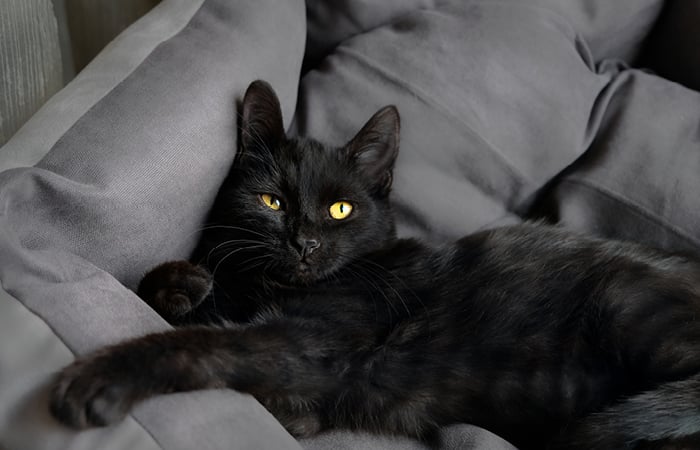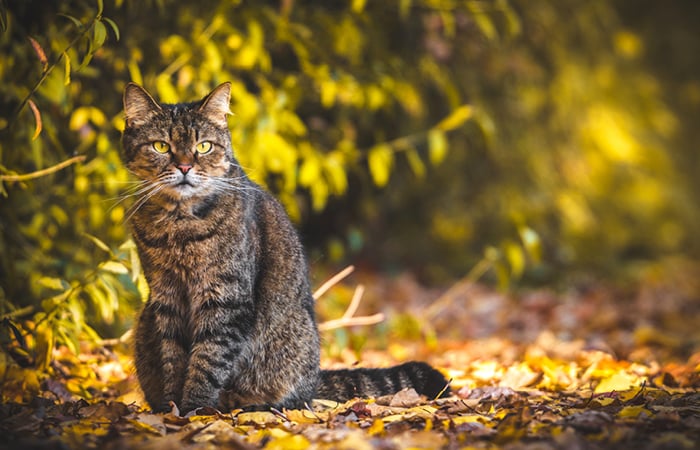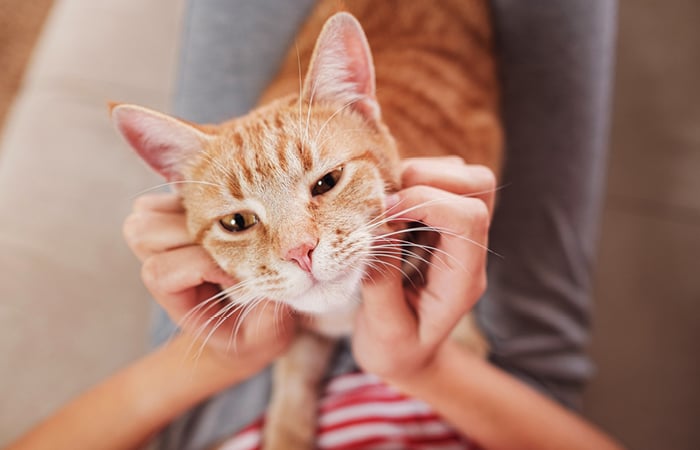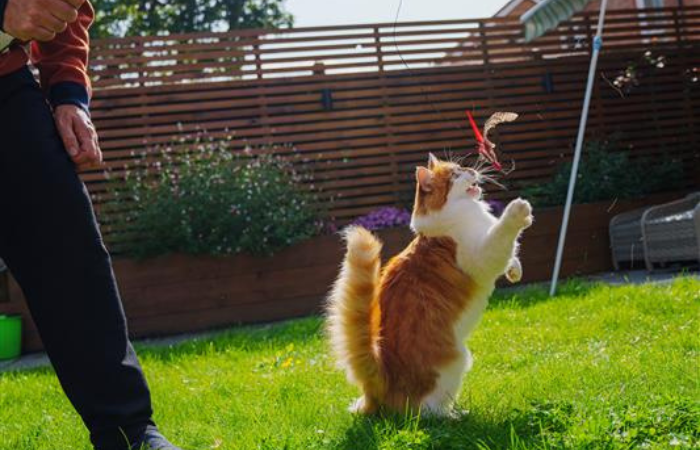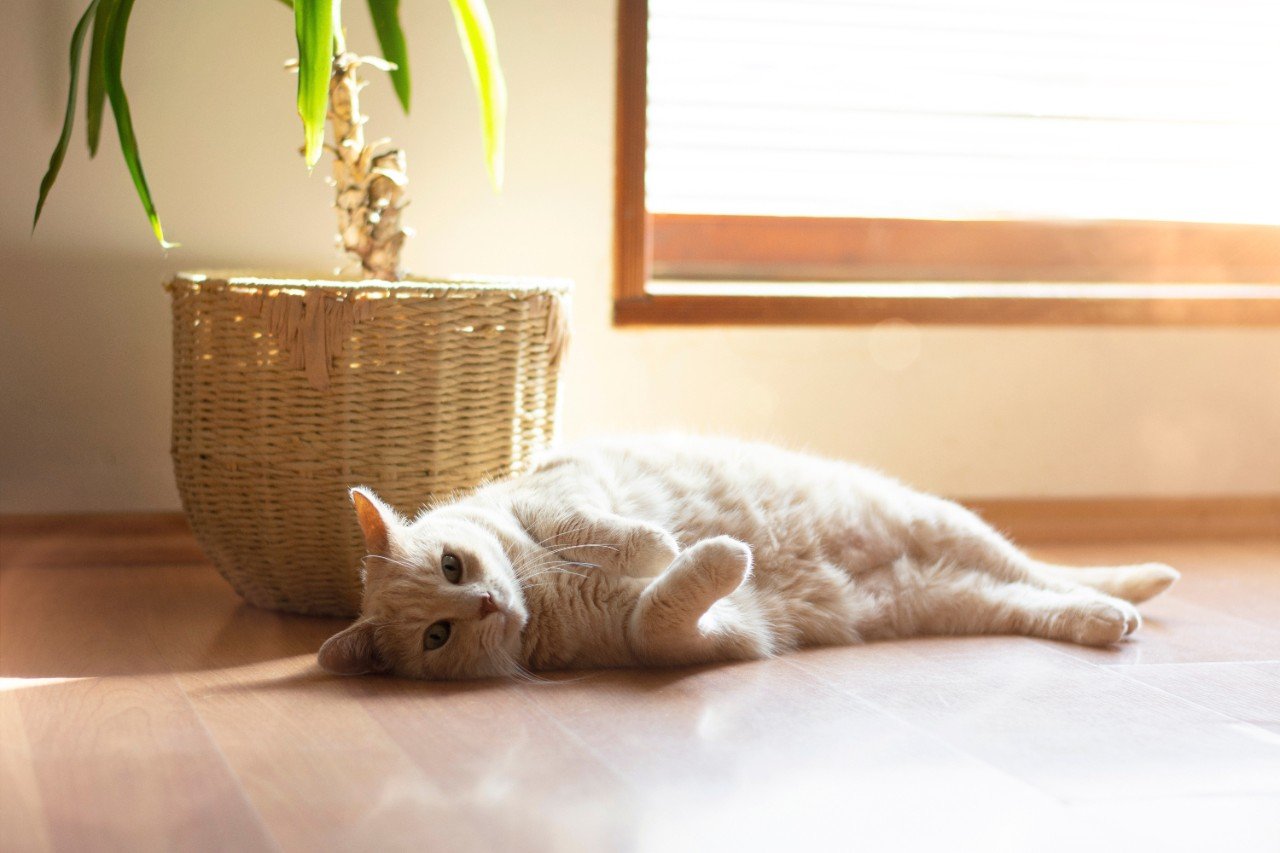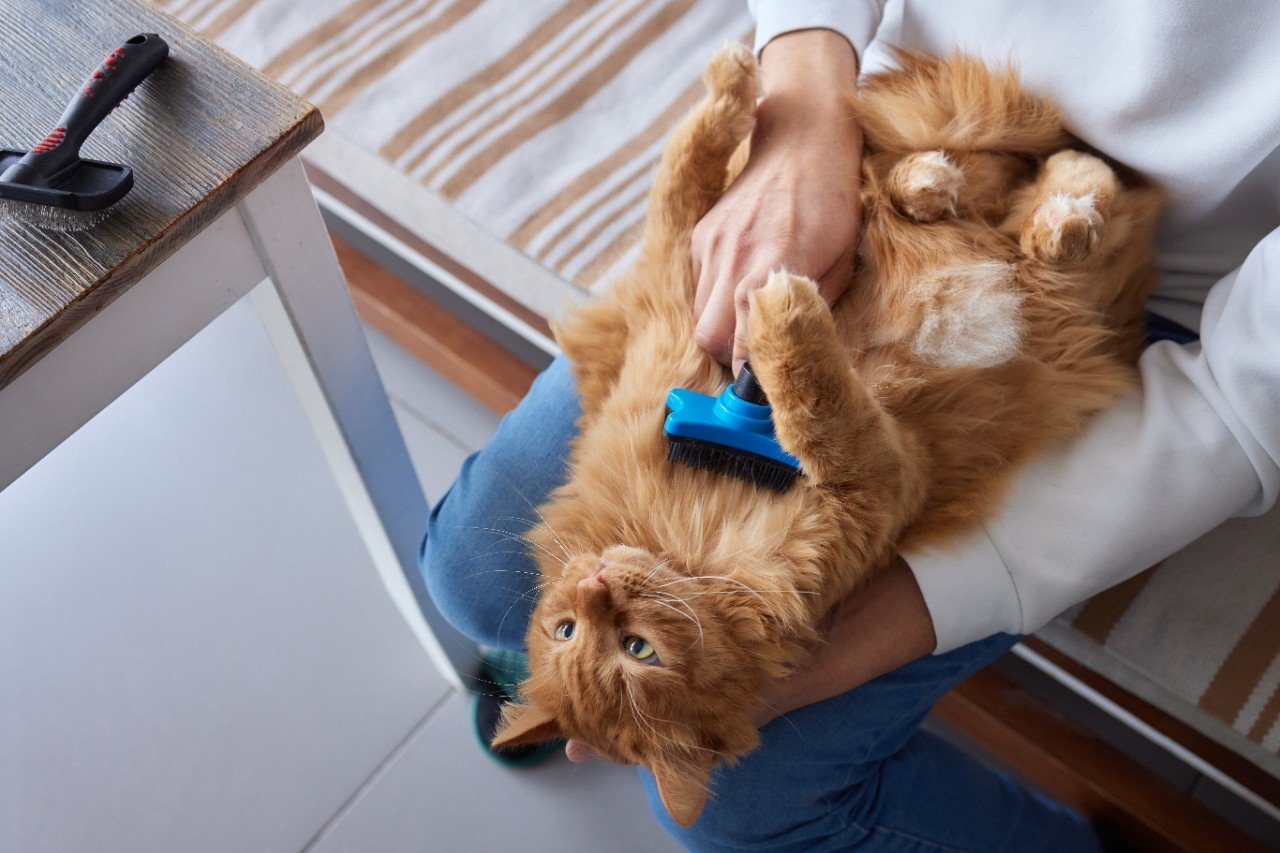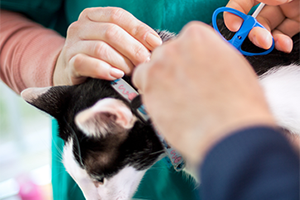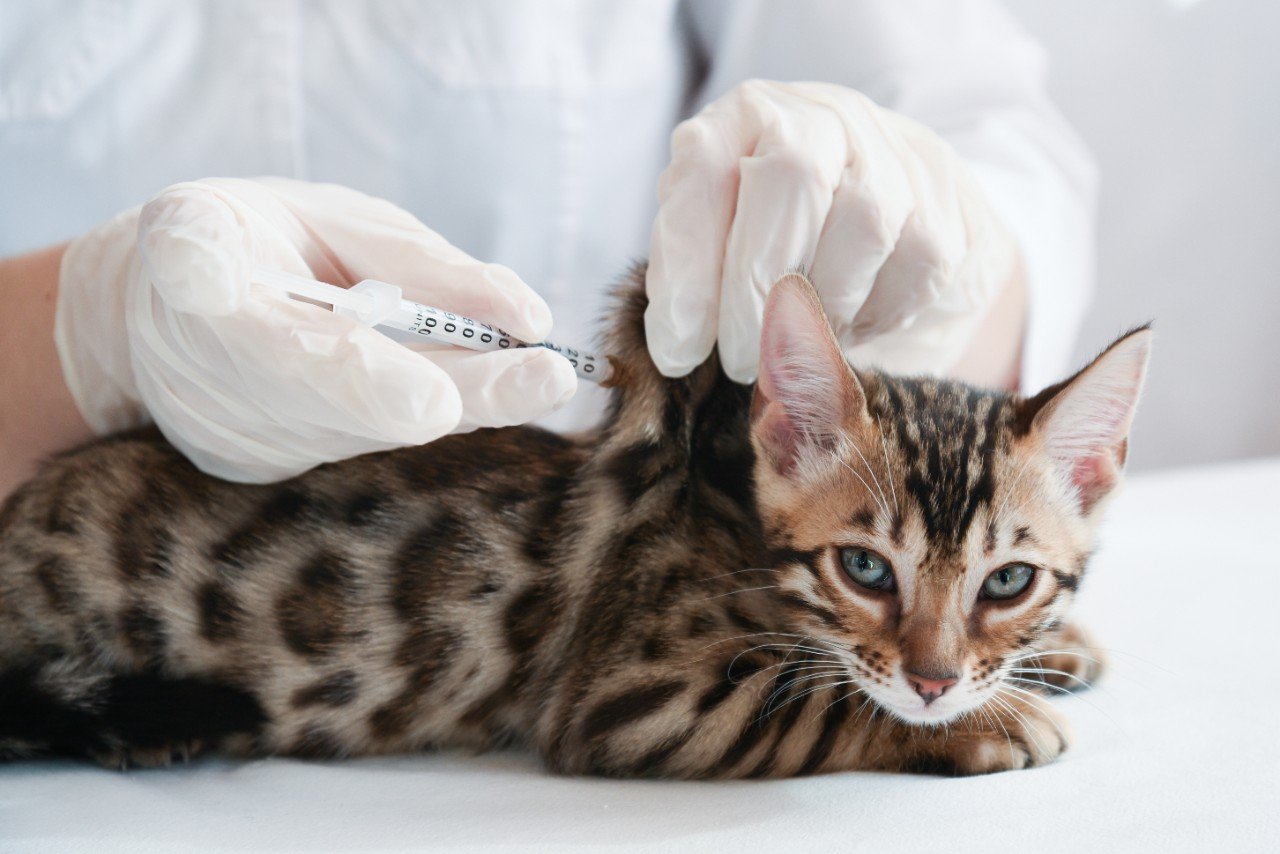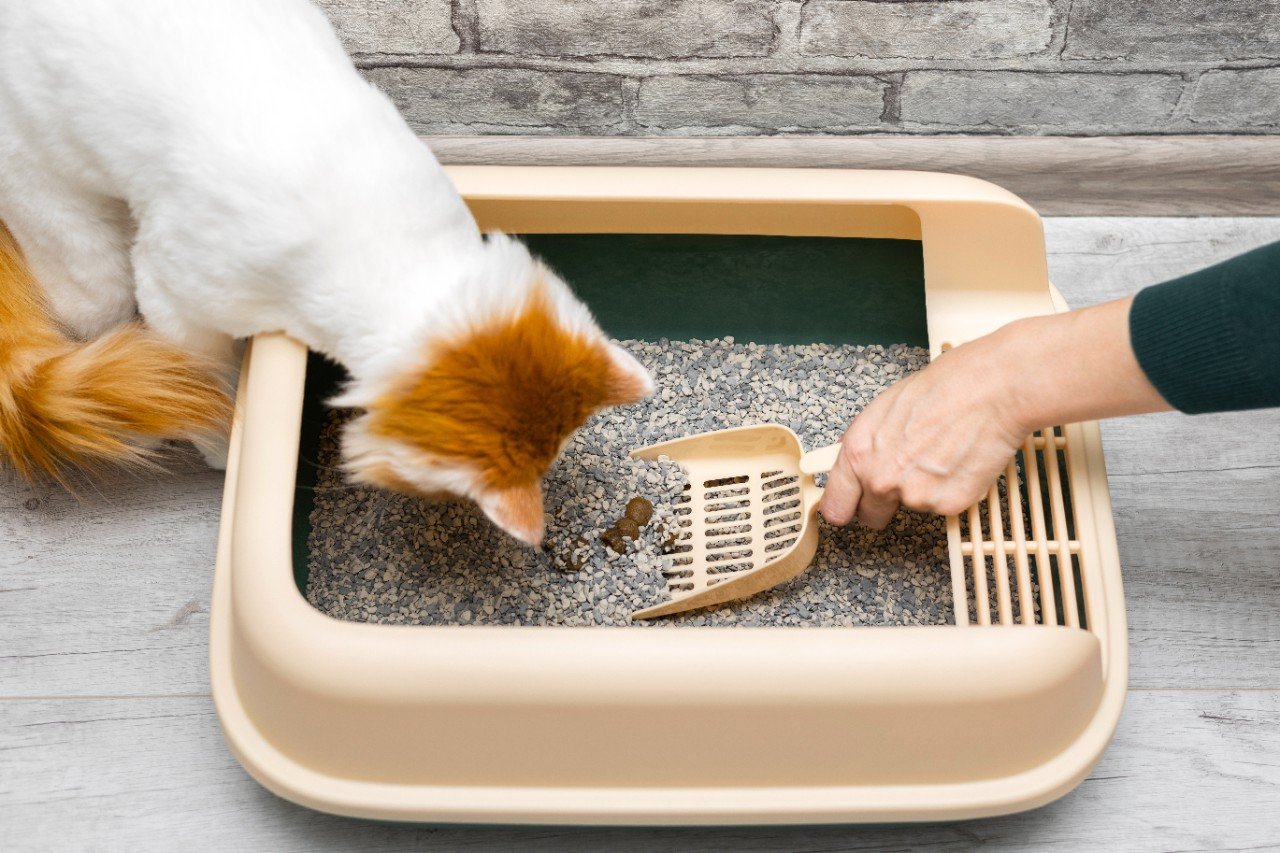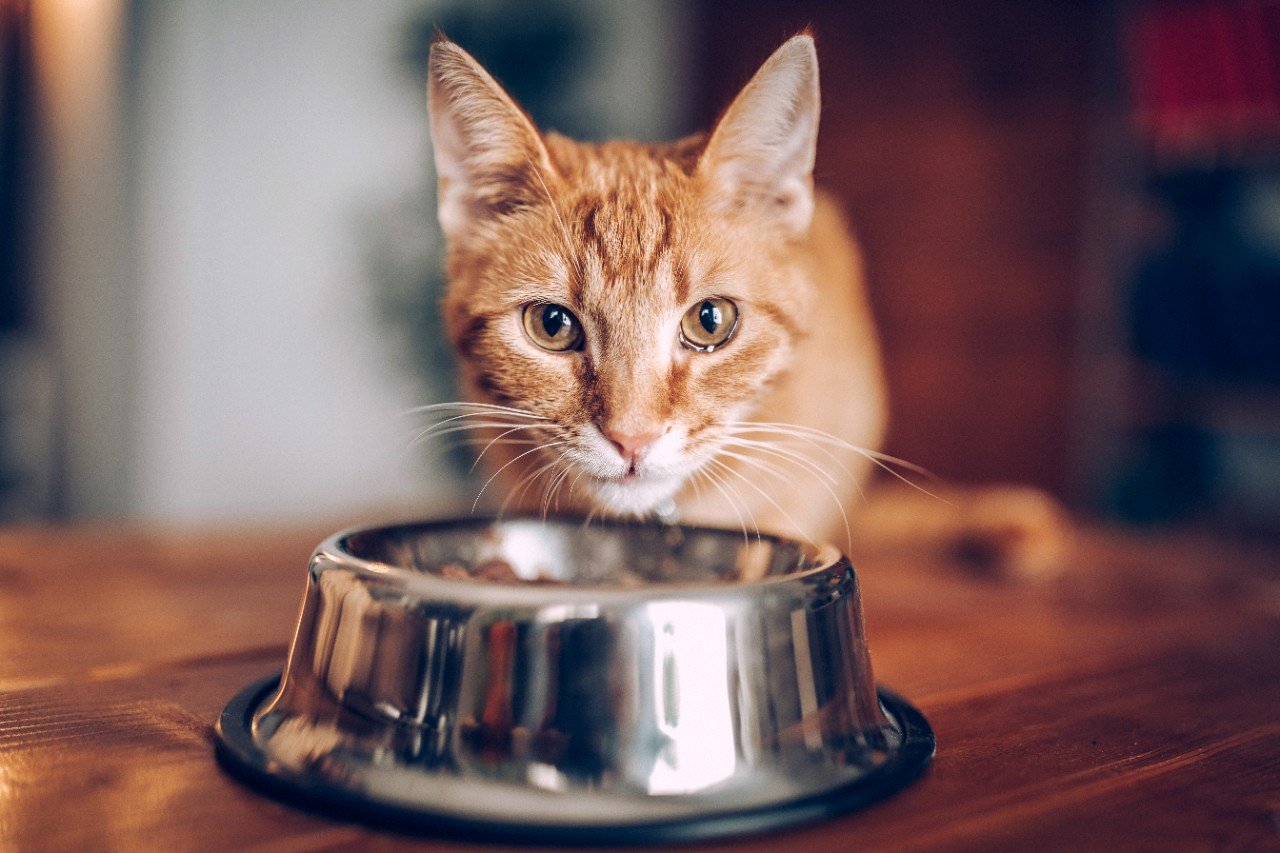
British Shorthair

An intelligent and gentle breed, great for families
Vital stats
Swipe to view more
| Size: | Medium to large |
| Coat: | Short and dense |
| Life span:9 | 8 – 12 years |
| Temperament: | Gentle, affectionate, independent |
British Shorthair personality & temperament

- The British Shorthair cat personality combines the best of cat personalities; when they are well socialised as young kittens they are friendly and affectionate, but also independent and content.
- Happy in their own company, British Shorthair cats will let you know when they want to play, often bringing their own cat toys along to make a point. While they’re not the chattiest of cats, their voices tend to be a bit lower and they’ll only vocalise when they really want your attention.
- The prey drive is extremely strong in a British Shorthair, so don’t be too surprised if your furry friend brings you regular “treats” that they’ve caught themselves. This can be a bit of a shock, especially for a first time cat owner, if you weren’t expecting this from your sweet-tempered cuddly companion.
- British Shorthair cats love to cuddle and play, but aren’t demanding of their human companions. They make lovely additions to a family with or without children due to their gentle nature.
- They love short bursts of high-energy play when they’re in the mood, but otherwise enjoy dozing somewhere comfortable. Always ensure that play time with children or other pets is supervised to make sure everyone is safe and happy.
- Despite being very intelligent, this gentle breed is well suited to a calm, quiet life.
British Shorthair food & diet

Your British Shorthair will thrive on a high-protein diet but may get bored of the same old cat food quickly!
- The diet of any cat must be appropriate for their age and life-stage; British Shorthairs thrive on a healthy diet of any complete meat-based cat food.
- Like other cats, your British Shorthair’s cat food needs will change as they grow, so bear this in mind and ask your vet’s advice about age-appropriate wet cat food.
- British Shorthairs are more likely to get the protein levels they need from wet cat foods but you may want to supplement their meals with a dry alternative for variety. Again, your vet will be able to advise you on this.
- British Shorthair cats have a tendency to put on weight, so regular, measured meals and plenty of stimulating play are essential.
- As with all cats, it’s important to provide plenty of fresh water.
British Shorthair grooming & coat care

British Shorthairs’ short, dense coat is relatively low maintenance, but they may need extra upkeep in heavy shedding seasons.
- British Shorthair coats come in a variety of gorgeous colours - from sandy blonde to silver tabby, and even an unusual chocolate brown. The most widely recognised colour, though, is British Blue - but not the kind of blue you’re thinking! The blue coats are a charcoal grey with undertones of blue, a rich colour that makes their amber eyes truly attention grabbing.
- The chunky build and short, dense coat of British Shorthair cats makes them stand out against the usually sleek and slender shapes of other breeds like Bengals and Egyptian Maus. They are among the easiest of the cat coats to groom, with regular brushing to keep them in top condition with minimal fuss.
- Look out for times when your British Shorthair cat might need extra help with coat care, such as shedding in the springtime.
- Gently introduce grooming to your cat when they are a young kitten, and get them gradually used to regular grooming. Positive reinforcement techniques are great for helping your cat to engage in cooperative care, such as grooming.
- Regular grooming is not only great for bonding, but enables you to see any irregular lumps, bumps, bites and scratches that are best caught early.
British Shorthair training & behaviour

The British Shorthair is a rewarding family pet when it comes to training but they’ll need lots of play and stimulation to prevent boredom.
- A fun-loving breed with a strong sense of independence, the British Shorthair is a rewarding family pet. For households with a lack of, or minimal, outdoor space, British Shorthairs can potentially adapt to indoor-only lifestyles, as long as owners provide opportunities for play and stimulation to prevent boredom.
- British Shorthair cats are very smart and enjoy encouragement and, as such, they are perfect students for training, as well as mastering all manner of fun tricks.
- Clicker training works well for the British Shorthair cat, as does training with treats - but watch out for overindulging as too many treats could cause unhealthy weight gain. Cat toys are a favourite with this playful breed – keep a whole range on hand and rotate them regularly to keep your cat engaged.
- Thanks to their high prey drive, any games that emulate the hunt will be ideal for your new cat. They love to chase and pounce, therefore using cat toys that provide the opportunity for pouncing can be a great way to interact with your British Shorthair cat.
- British Shorthairs will love pouncing on a laser, but make sure that they have something to physically “catch” when playtime’s over to avoid them becoming frustrated.
Common British Shorthair health conditions

What to know before you buy or rehome a British Shorthair cat

Considering welcoming a fun-loving British Shorthair into your home? Here are the top things to remember:
- British Shorthair cats are a great all-rounder cat for any household. Friendly but undemanding, they can get along with children and other cats as long as they’ve been well socialised as young kittens, carefully matched and gradually introduced. As with all cats, it depends on the individuals involved.
- Be wary of the British Shorthair’s high prey-drive though, as this could cause distress to other smaller pets in your household, as your cat may want to bring their prey back to their ‘territory’.
- They can be chunky, but with care shouldn’t be overweight. British Shorthairs are big food lovers which, coupled with their sleeping habits, means they put on weight easily. Check with your vet regarding the recommended weight and body condition score for your cat’s size to avoid unwanted health issues.
- British Shorthair cats thrive on plenty of space to play in and lots of energetic interaction and games.
- Due to their thick coat, you may want to do some research into the best grooming brushes for British Shorthair cats. Grooming kits and tips can be found online. Regular brushing helps them to shed any dead fur, which will help prevent lots of hair around your home!
British Shorthair frequently asked questions
British Shorthair insurance considerations
We always offer these things as standard:
Physiotherapy & pet therapies
Along with physiotherapy, which is covered within the Vet Bills benefit, we also cover Pet Therapies like herbal medicine, homeopathy and acupuncture. You can also claim for hydrotherapy, up to £500 per illness/injury in dogs and cats (no additional limit for rabbits).
Petplan is a trading name of Pet Plan Limited (Registered in England No. 1282939) and Allianz Insurance plc (Registered in England No. 84638), Registered office: 57 Ladymead, Guildford, Surrey GU1 1DB.
Pet Plan Limited is authorised and regulated by the Financial Conduct Authority. Financial Services Register No. 311969. Allianz Insurance plc is authorised by the Prudential Regulation Authority and regulated by the Financial Conduct Authority and the Prudential Regulation Authority. Financial Services Register No. 121849. Pet Plan Limited is a subsidiary of Allianz Insurance plc.

